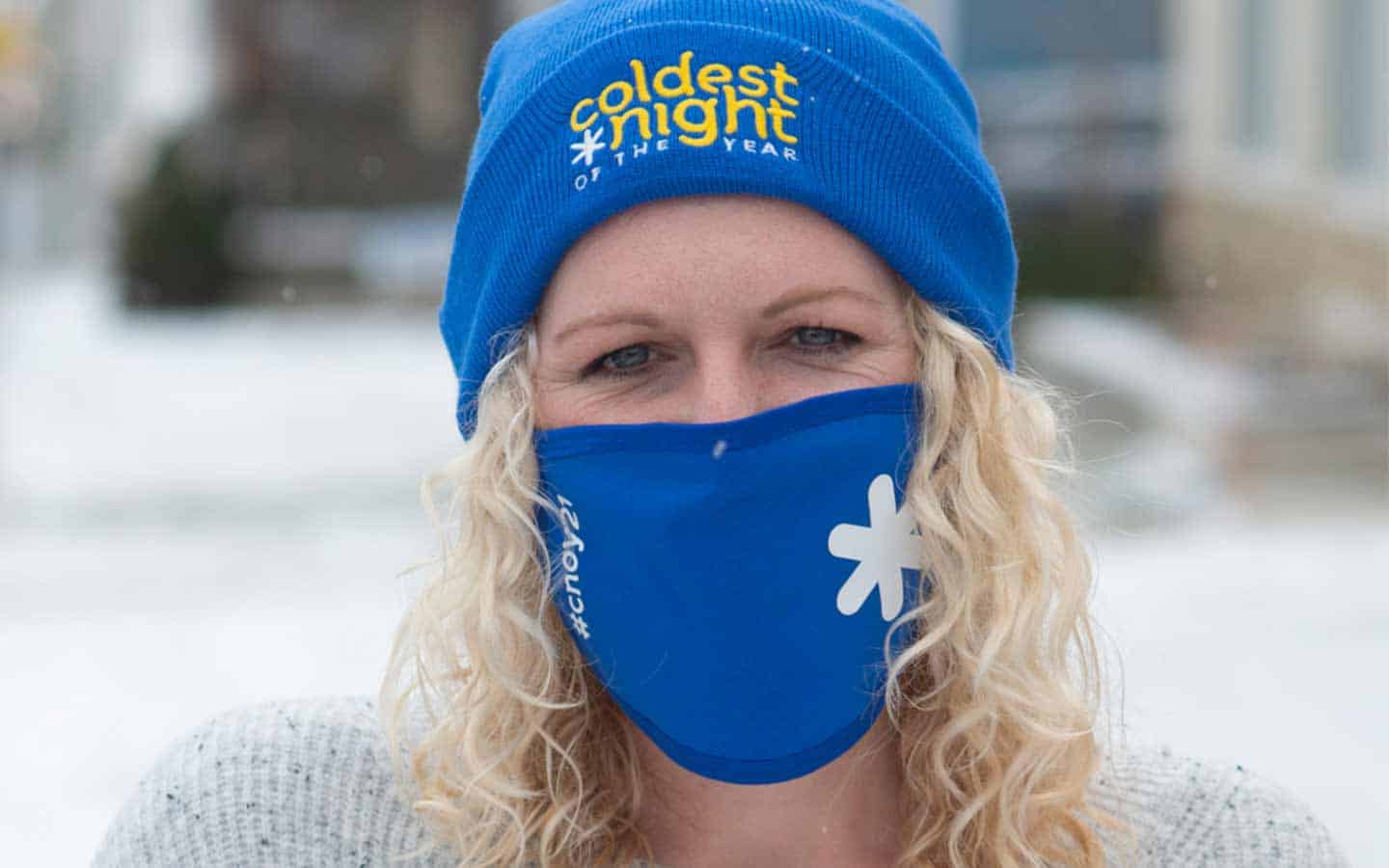Waterloo Region is seeing a downward trend in pandemic numbers, including active cases and outbreaks. Those numbers repeated across much of the province help prompt the Ford government to lift the state of emergency, and allowed students to begin returning to classrooms.
“Over the last few weeks, we have seen a number of new cases slow and move in the right direction. This is a strong indicator that the current provincial regulations and public health measures are working to slow the spread of COVID-19,” said medical officer of health Dr. Hsiu-Li Wang at the region’s weekly briefing on February 5.
At midweek, there were 400 active cases in the region, down from 480 a week earlier, with 31 people requiring hospitalization. There have been 210 deaths linked to the virus, up five from the same time last week.
Having last month seen the first case of the UK variant of COVID-19, the region has been monitoring such instances and implementing contract tracing. Three individuals have screened positive in Waterloo Region for COVID-19 variants of concern. One of the cases is a close contact individual to the confirmed positive UK variant diagnosed at the end of January. All three have a connection to international travel.
“This is not unexpected, as the number of cases who will screen positive or subsequently be confirmed to have a specific variant of concern is expected to rise across Ontario as the provincial laboratory network has increased its capacity to monitor for and detect variants of concern,” said Wang.
“As Public Health Ontario and the provincial lab system continue to scale up screening, and genomic sequencing for variants, so monitoring and identification of areas, we expect more and more cases of variants of concern to be detected in Waterloo Region. Cases confirmed to be specific variants of concern are reported by health unit area on a daily basis by Public Health Ontario.”
Monday also marked the return to in-person learning for most students in the province.
“Regarding return to school, the Ministry of Education announced earlier this week that Waterloo Region schools will return to in class learning on February 8. I am supportive of this decision – now is the right time. From an overall health and learning perspective, it is best to return to in-person learning more able to do so,” said Wang.
“Over the last week, the province announced additional measures and investments for schools, including enhanced access to targeted testing if needed, in situations of concern about ongoing spread, increased access to masks, process for validation and daily screening by secondary students and staff and new guidance discouraging students from congregating before and after school.”
In Wellington-Dufferin-Guelph, there were 181 active cases at midweek, down 50 per cent from a week earlier. That catchment area’s cumulative total was 4,380, of which 4,110 (93.8 per cent) have been resolved. There have been a total of 89 fatalities since the pandemic began, an increase of 13 in the past week.
The province is seeing some slowing of cases, with the total now at 280,494, an increase of some 10,000 in the past week.
There have been 6,555 deaths attributed to the virus, representing a mortality rate of 2.3 per cent. The ministry reports 259,991 cases (92.7 per cent) have been resolved.
The latest numbers from Health Canada show 46,417 active cases, a decrease of some 3,000 in the past week. The cumulative total of confirmed cases now stands at 797,756, with 20,609 related deaths, a mortality rate of 2.6 per cent.









